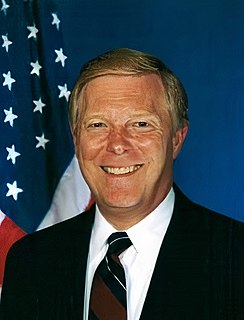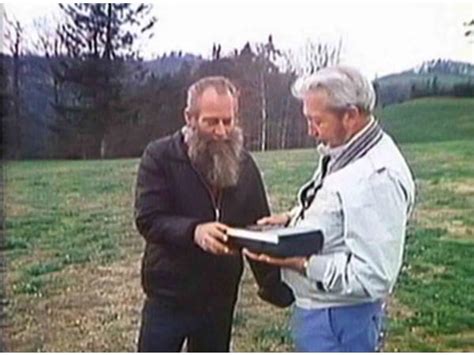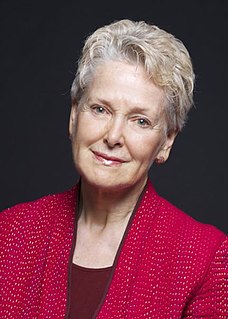A Quote by Howard Zinn
Voting is easy and marginally useful, but it is a poor substitute for democracy, which requires direct action by concerned citizens.
Related Quotes
In man's life, the absence of an essential component usually leads to the adoption of a substitute. The substitute is usually embraced with vehemence and extremism, for we have to convince ourselves that what we took as second choice is the best there ever was. Thus blind faith is to a considerable extent a substitute for the lost faith in ourselves; insatiable desire a substitute for hope; accumulation a substitute for growth; fervent hustling a substitute for purposeful action; and pride a substitute for an unattainable self-respect.
Change from below, the formulation of demands from the populace to end unacceptable injustice, supported by direct action, has played a far larger part in shaping British democracy than most constitutional lawyers, political commentators, historians or statesmen have ever cared to admit. Direct action in a democratic society is fundamentally an educational exercise.
Criticism is necessary and useful; it is often indispensable; but it can never take the place of action, or be even a poor substitute for it. The function of the mere critic is of very subordinate usefulness. It is the doer of deeds who actually counts in the battle for life, and not the man who looks on and says how the fight ought to be fought, without himself sharing the stress and the danger.
A republican form of government requires four standards: It demands a highly educated population manifesting critical thinking that participates in the affairs of the nation. It requires that citizens invest in a similar moral code. It insists on a mutual ethical system abided by all. It must engender a single language whereby all citizens can discuss, debate, come to resolution and initiate mutual beneficial action for their society.
When we speak of the origin of western democracy it's precisely here, in this territory that the modern definition of democracy first emerged in city/states known now as Greece. This was coming from a society in which 30 thousand citizens had rights and 300 thousand were slaves and citizens without rights that lived in this territory. So that was the concept of western democracy; some citizens had the prerogative of exerting their civil and political rights while the others had none.
When people in a democracy are not educated in the art of living -- to strengthen their conscience, compassion, and ability to question and think critically -- they can be easily manipulated by fear and propaganda. A democracy is only as wise as its citizens, and a democracy of ignorant citizens can be as dangerous as a dictatorship.
We passed the Voting Rights Act of Virginia, which restores and builds on key provisions of the 1965 federal Voting Rights Act that was gutted by the United States Supreme Court. Voting is fundamental to our democracy, and this legislation is a model for how states can ensure the integrity of elections and protect the sacred right to vote.






































